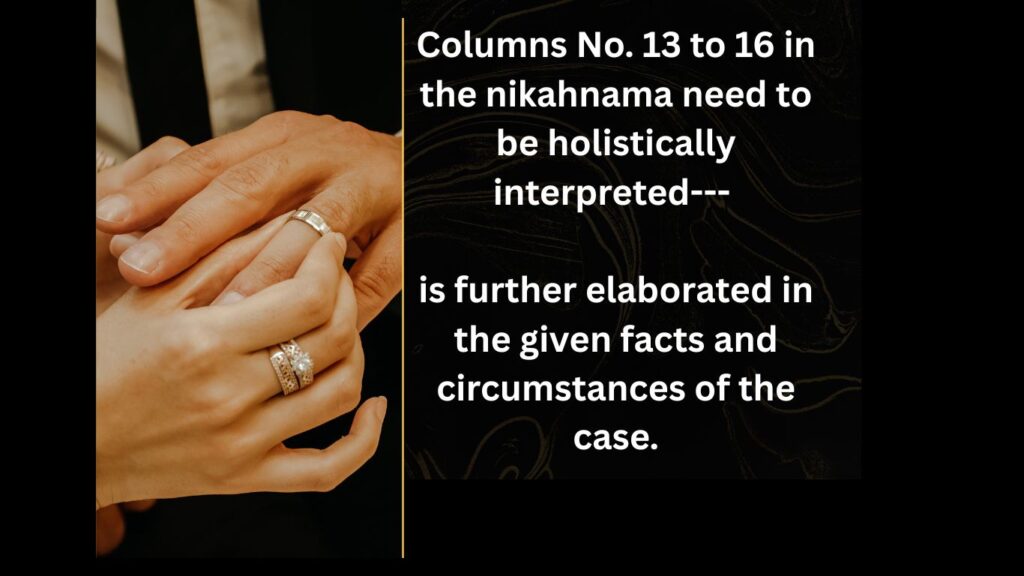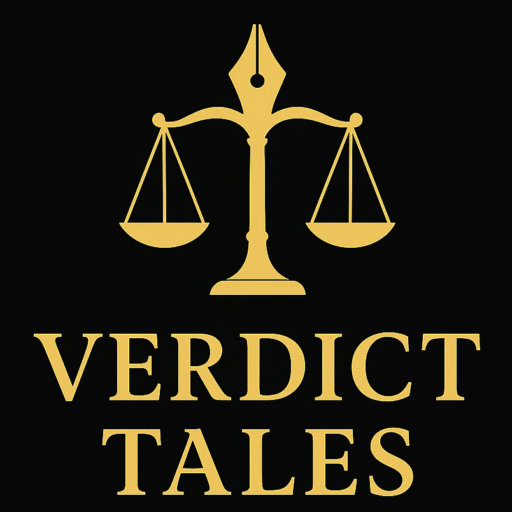
Syeda Sadaf Batool thought she knew exactly what her marriage promised. On her nikah day in 2010, her husband, Syed Taskeen Ali, agreed to a dower (mehr) of five tola gold, Rs. 5,000 in cash, and a share in an ancestral house. But when their relationship crumbled, what seemed straightforward on paper turned into a bitter legal battle.
By 2016, she filed for divorce in family court, alleging physical abuse, emotional torment, and defamation. She demanded:
- Dissolution of marriage
- Payment of the promised dower
- Maintenance for herself and their daughters
- Return of her dowry assets
Her husband fought back, denying all claims.
🧑⚖️ The Legal Battle Over Dower Rights and the Nikahnama
The nikahnama (Islamic marriage contract) was at the heart of this family dispute. While Sadaf insisted her dower included a share in the ancestral house, her husband argued only the gold and cash were owed.
Here’s how the courts ruled:
- Trial Court: Partially sided with Sadaf, including the house in her dower.
- Appellate Court: Overturned this, stating only gold and cash applied.
- High Court: Stepped in with a landmark clarification.
📜 Peshawar High Court’s Verdict on Nikahnama Dower Dispute
The court ruled in Sadaf’s favor, reinstating her right to the house as part of her dower.
Key Legal Principles Established:
✔ The nikahnama is a binding civil contract—every promise (cash, gold, or property) must be honored.
✔ All sections of the nikahnama must be read together, not in isolation.
✔ Ambiguity benefits the wife (contra proferentem rule). Since husbands typically fill out the form, any unclear terms should favor the woman.
✔ Courts must protect women’s rights, especially in a society where many lack bargaining power or full understanding of nikah terms.
✔ If property is mentioned in the dower section, it counts—unless proven otherwise.
🔍 Legal References: PLD 2016 SC 613, 2024 SCMR 1078
👧 What About the Children?
The couple had two young daughters. The court:
- Increased monthly child support to Rs. 5,000 per child (with a 10% annual raise).
- Ordered the father to pay school fees directly.
- Emphasized: “A father’s duty isn’t just survival—it includes dignity, education, and proper upbringing.”
✅ For Women:
✔ Read and understand your nikahnama before signing.
✔ Demand specifics—whether cash, gold, or property.
✔ Years later, you can still claim what was promised.
✅ For Men:
✔ You’re legally bound by what you write in the nikahnama.
✔ Vague wording won’t let you escape obligations.
✅ For Courts & Lawyers:
✔ Interpret nikahnamas with social context in mind.
✔ Prioritize justice, especially for women’s rights.
❓ FAQ: Nikahnama & Dower Rights in Pakistan
Q: Can a wife claim a house as dower if mentioned in the nikahnama?
A: Yes. If immovable property is referenced—even vaguely—courts can enforce it unless disproven.
Q: What if the wife didn’t fully understand the nikahnama?
A: Courts recognize many women lack awareness. Ambiguity is resolved in their favor.
Q: Is a token dower (e.g., Rs. 5,000) still valid?
A: Legally, yes—but courts now consider justice, inflation, and whether the bride truly consented.
